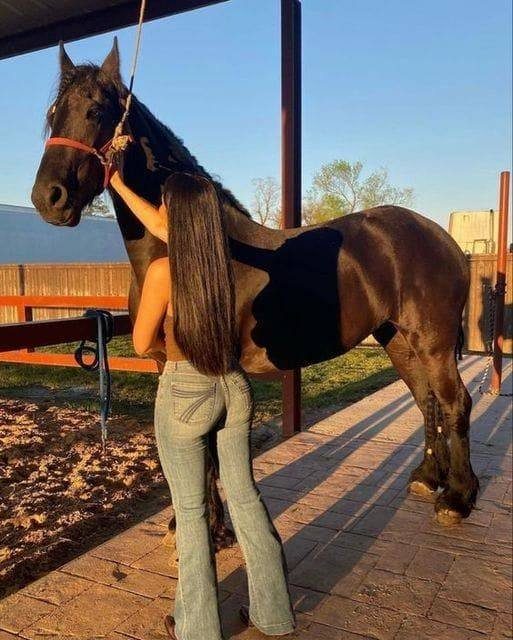
May 9, 2025 – Santa Fe, NM — Hollywood is returning to the heart of the American frontier with “Apache,” a powerful new Western drama that promises to challenge conventions and reignite the genre with fresh perspective and intensity.
Directed by Chloé Zhao, Academy Award-winning director of Nomadland and Eternals, “Apache” tells the story of Kaetan, a young Apache warrior caught between two worlds during the U.S. Army’s westward expansion in the late 1800s. Based on historical events and cultural legends, the film offers an emotionally complex portrait of identity, resistance, and the cost of survival.
Starring Martin Sensmeier (The Magnificent Seven, 1883) in a breakout lead role, the film also features Wes Studi, Kali Reis, and Jeffrey Wright in a gripping ensemble cast. The screenplay, co-written by Zhao and Native American screenwriter Sterlin Harjo, was developed in collaboration with tribal historians and elders to ensure authenticity and cultural respect.

The plot centers on Kaetan’s internal conflict as he is forced to navigate violent battles, fragile alliances, and his own community’s divided beliefs about resistance and assimilation. As the U.S. military encroaches further into ancestral land, he must decide where he stands — with the promise of peace or the fire of rebellion.
Shot on location in Arizona and New Mexico, “Apache” is visually stunning, blending natural landscapes with an intimate storytelling approach. Composer Ryuichi Sakamoto, in one of his final works before his passing, provides a haunting, minimalist score that elevates the film’s emotional gravity.
Zhao has described the film as “a meditation on resilience and spiritual legacy, told through the lens of a people whose stories deserve to be honored, not erased.”
“Apache” will debut at the Toronto International Film Festival this September, followed by a limited theatrical release on November 21, 2025, with global distribution through Searchlight Pictures.
With early buzz already surrounding it as a potential awards contender, “Apache” is shaping up to be more than just a Western — it’s a reclamation of the genre, seen through Indigenous eyes.






